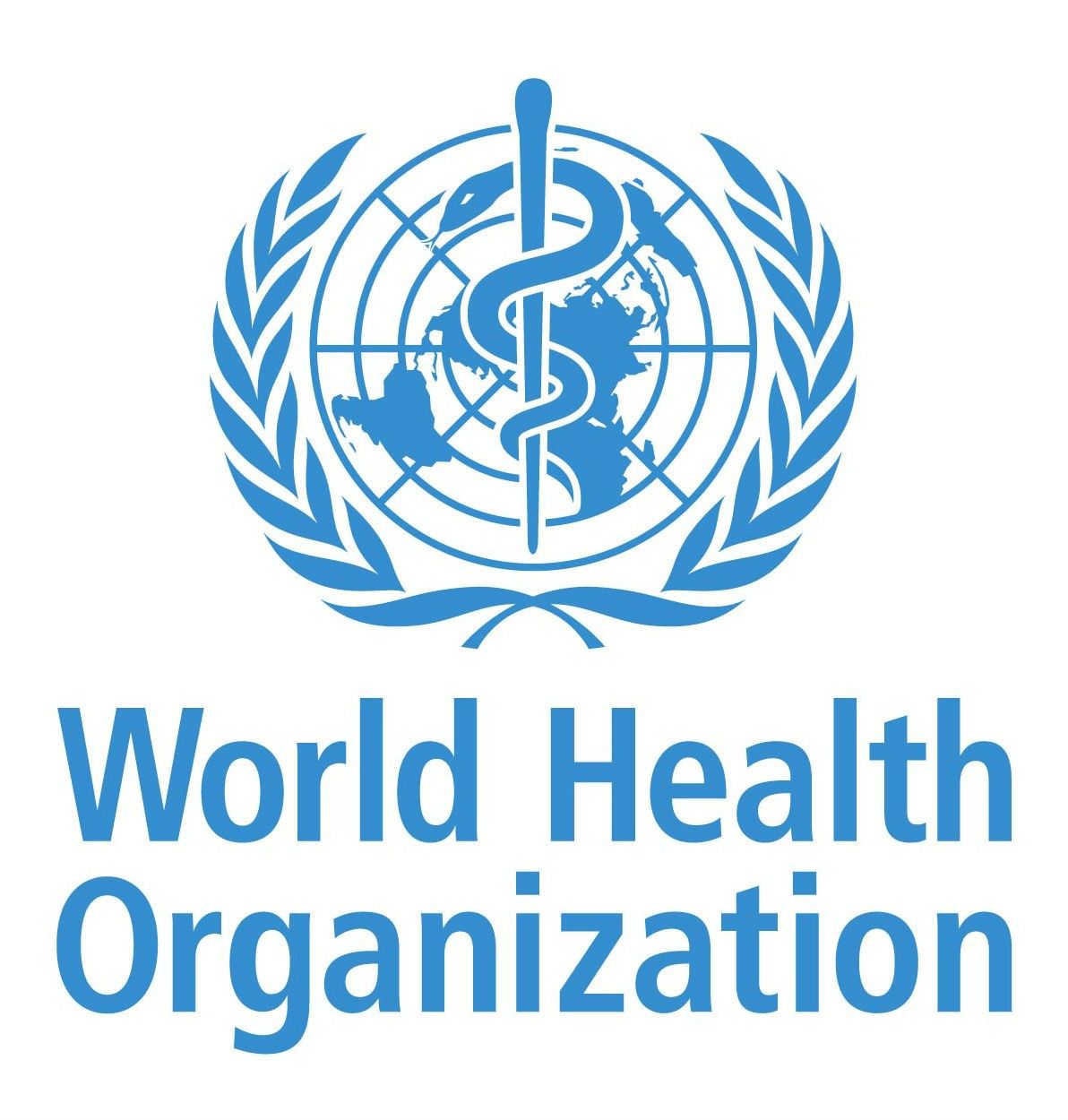Dr Matshidiso Moeti, World Health Organisation (WHO), Regional Director for Africa, has commended nurses and midwives for their contributions to healthcare delivery and the fight against Coronavirus (COVID-19).
SEE ALSO: LASG discharges 11 more COVID-19 Patients
Moeti gave the commendation in a statement issued from the WHO Regional Office for Africa in Brazzaville, Congo, on Monday, to mark the World Health Day.
The World Health Day is a global health awareness day celebrated every April 7, under the sponsorship of the WHO, as well as other related organisations.
WHO declared 2020 as the International Year of the Nurse and the Midwife; and Tuesday has been set aside to celebrate the work of these amazing group of caregivers.
“This year, on world health day, as front-line health workers lead the charge against the COVID-19 pandemic, at WHO, we want to appreciate the life-saving roles of nurses and midwives.
“This is a year-long celebration, as part of the International Year of the Nurse and the Midwife.
“Nurses are at the core of the primary health care approach, which is a cornerstone for attaining universal health coverage.
“They make up at least half of the global health workforce. Midwives and nurses are critical links between individuals, families, communities and the health system.
“They provide support along the continuum of care, from promotion, to prevention, treatment, and rehabilitation, to end-of-life care,” Moeti said.
The WHO scribe said in the COVID-19 response, nurses were working non-stop to provide quality care, share health information, implement infection prevention and control, serve in intensive care units, and ensure routine services continued to be delivered.
“Midwives are continuing to support mothers to safely deliver their babies.
“We must do more to recognise the contributions of nurses and midwives in empowering patients and communities, facilitating multidisciplinary teamwork, and providing holistic care,’’ she said.
According to her, a survey from 39 African countries showed a slight increase in the number of nurses and midwives from 1.02 per 1000 people in 2005 to 1.06 in 2018.
“This is still far below the number needed to achieve universal health coverage and the Sustainable Development Goals (SDGs).
“In low- and lower-middle-income countries globally, the number of nurses is not keeping pace with population growth,’’ she said.
Moeti said certain actions should be taken to improve the situation and that those actions should be taken collectively.
“To better understand the challenges and develop evidence-based policies, health workforce data collection, analysis and use, needs to improve.
“Education and training should be quality assured and relevant to evolving disease burdens in countries; as so far, around 30 countries in the African Region have an accreditation body for training institutions.
“More investment is needed in retention and career development, and to ensure decent work conditions.
“Nurse mobility and migration must be effectively and ethically managed. Presently, over 80 per cent of the world’s nurses are in countries that account for half the global population.
“Regulation must ensure nurses and other health workers are accountable for the health of populations,’’ the regional director said.
She further noted that nursing leadership and governance was critical to nursing workforce strengthening.
Moeti listed nursing leadership to include collaboration between chief nurses and relevant ministries (such as education, immigration, finance, labour) and the private sector to address the needs of nurses and midwives.
“In taking forward these actions, I’m pleased to join the WHO Director-General and my WHO fellow regional directors in launching the first ever State of the World’s Nursing Report 2020.
“This report details the significant contribution that nurses make to promoting health, keeping the world safe and serving the vulnerable.
“This report is an excellent tool to shape policies and strategies based on evidence.
“Even more so as we respond to the COVID-19 pandemic, and every day, I ask that we appreciate the valuable service of nurses and midwives in improving health and well-being, and saving lives,’” she added.



Leave a Reply